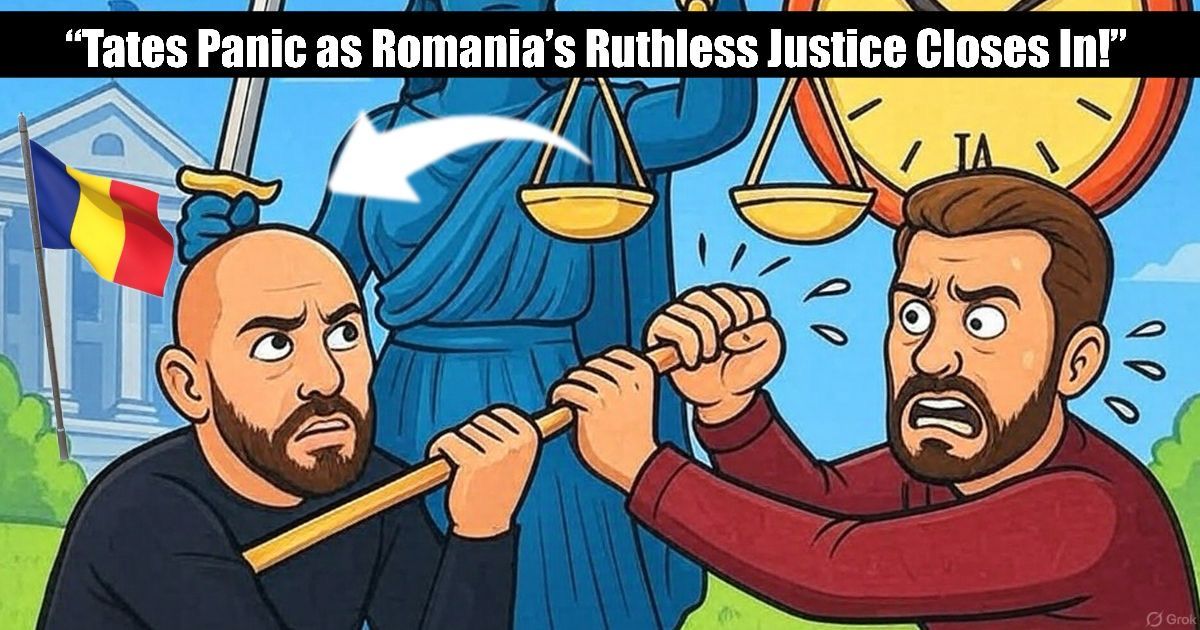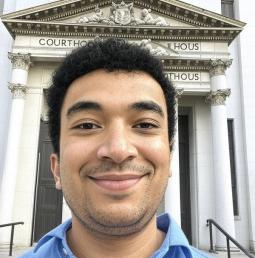🔴 Facing Justice in Romania: What the Odds Look Like
Trial by judges, not jury. Long case files. High conviction rates. Why Romania’s legal system gives defendants like the Tates little room to manoeuvre. Following on from
Indeed, there are many differences — differences which, to British observers, may seem as strange or wilfully perverse as driving on the right side — the wrong side — of the road. But on closer inspection, they hold up embarrassingly well.
They have practical and administrative consequences — trials can last months instead of weeks — but more than that, they reflect a whole different way of doing justice.
One of the main differences is the jury.
There isn’t one.
You won’t be judged by a dentist’s assistant, a retired PE teacher, and a kitchen fitter. In Romania, serious criminal cases are tried by a panel of professional judges — usually two trial judges, with a senior presiding judge overseeing the process. These are full-time legal professionals, not members of the public temporarily drafted into civic duty. Their job is not to feel anything — it’s to apply the law and follow the evidence.
This single structural point shapes everything else.
Without a jury to protect or persuade, Romanian prosecutors don’t spend their time appealing to moral instincts or broader senses of fairness. Their job isn’t to convince the court that a guilty verdict would feel right. It’s to convince the court that, as a matter of law, a guilty verdict is what the evidence demands.
The presumption is that everyone present already knows the law — and is bound to follow it. Prosecutors don’t turn up to try their luck. They arrive with a case file that has often taken years to build: surveillance footage, phone records, financial trails, co-operating witness statements, intercepted messages, and expert reports. It’s not courtroom theatre. It’s paperwork.
One of the consequences is that prosecutors are not there to plead with you that a guilty verdict would be justice, drawing on legal arguments and the case file of evidence to persuade you.
No — everybody here knows, and is duty bound to follow, the law. Prosecutors do their homework and come prepared: they don’t turn up unless they have compiled a fully evidenced, watertight case file saying you’re guilty. Defence lawyers are often reduced to trying to say that the homework hasn’t been done properly — something that trained professional judges will decide.
And when a mafia boss is in the dock, it isn’t a case of trying to stir doubt in the mind of a juror who might have missed a detail or mistrust the police. It’s about whether the prosecution’s file survives contact with the law. If it does, that’s the end of it.
This is part of why Romania has one of the highest conviction rates in Europe — especially in complex cases involving trafficking, organised crime, or corruption. Trials are based heavily on the dosar penal — the case file — rather than on witness theatrics or oratory. If the file is strong, the conviction rate reflects that.
Trial scheduling reflects the same logic. Without the need to accommodate jurors’ diaries, hearings can stretch over months or proceed in back-to-back sessions. When cases are particularly serious — or sensitive — they can be pushed through quickly, with long daily sittings and little pause for reflection.
Romania also approaches pre-trial liberty differently. In the UK, courts are reluctant to deny bail unless the risk is obvious and specific. But in Romania, the question is simpler: can this person realistically flee? If the answer is yes — because they are wealthy, high-profile, or internationally mobile — then bail is unlikely.
Even after conviction, the margin for reversal is limited. Romanian appeals focus on procedural and legal irregularities. The UK’s broader approach — allowing appeals on jury misdirection, flawed evidence, or a persuasive new argument — finds little equivalent here.
This isn’t a system that bends for narrative. It doesn’t shift with media cycles or react to the temperature of public opinion. It moves slowly, but deliberately, through paperwork, legal thresholds, and evidence that either holds or doesn’t.
It is not a commentary on any one case to say: in Romania, when the case file is thick, the judges are seasoned, and the trial is professional rather than performative, the outcome becomes increasingly predictable.
It isn’t personal. It isn’t political. It’s procedural.
And if you are facing that system — with no jury, no appeal to emotion, and no hope of distraction — you’ll find that the question isn’t what feels like justice.
It’s what the evidence says.




